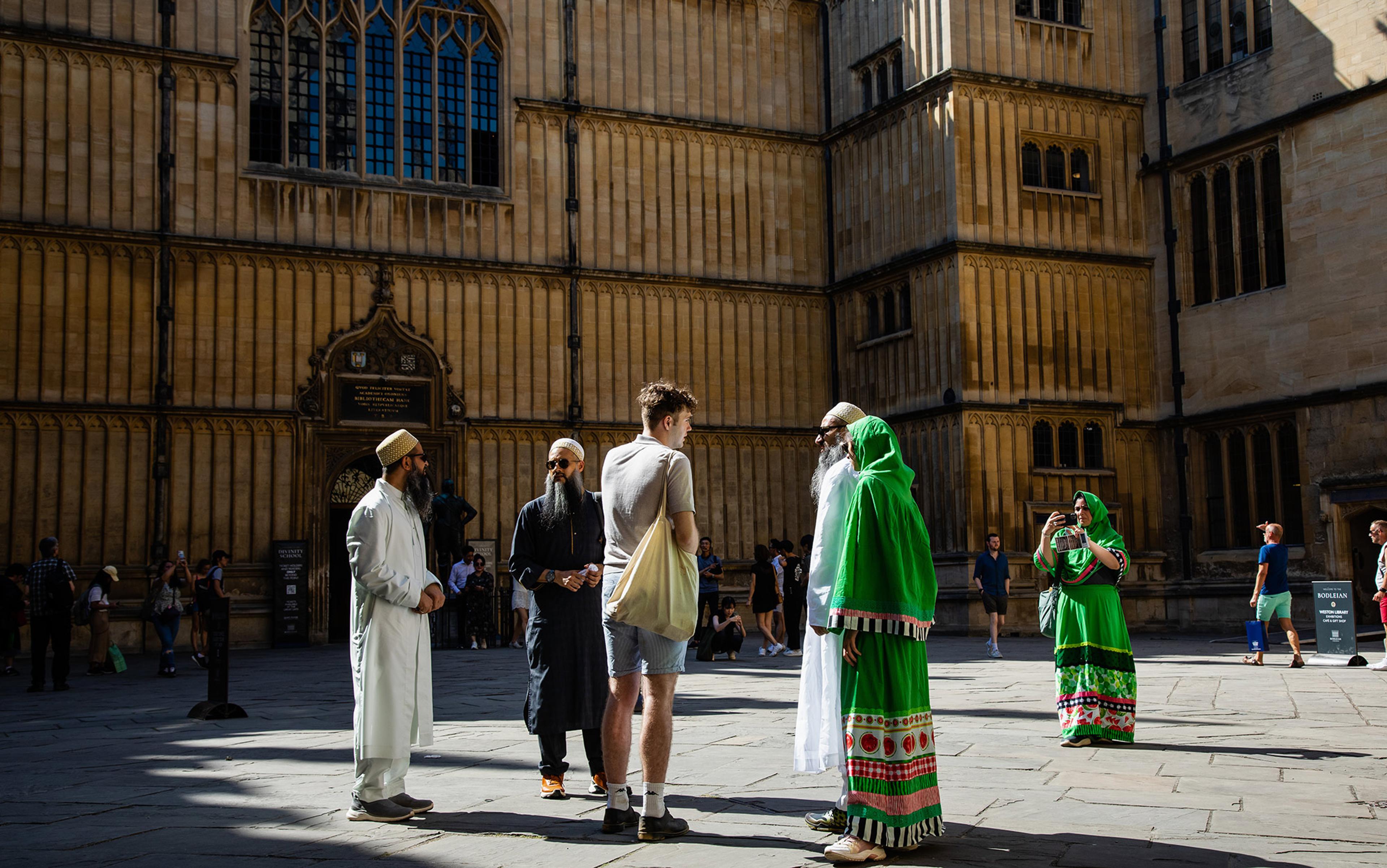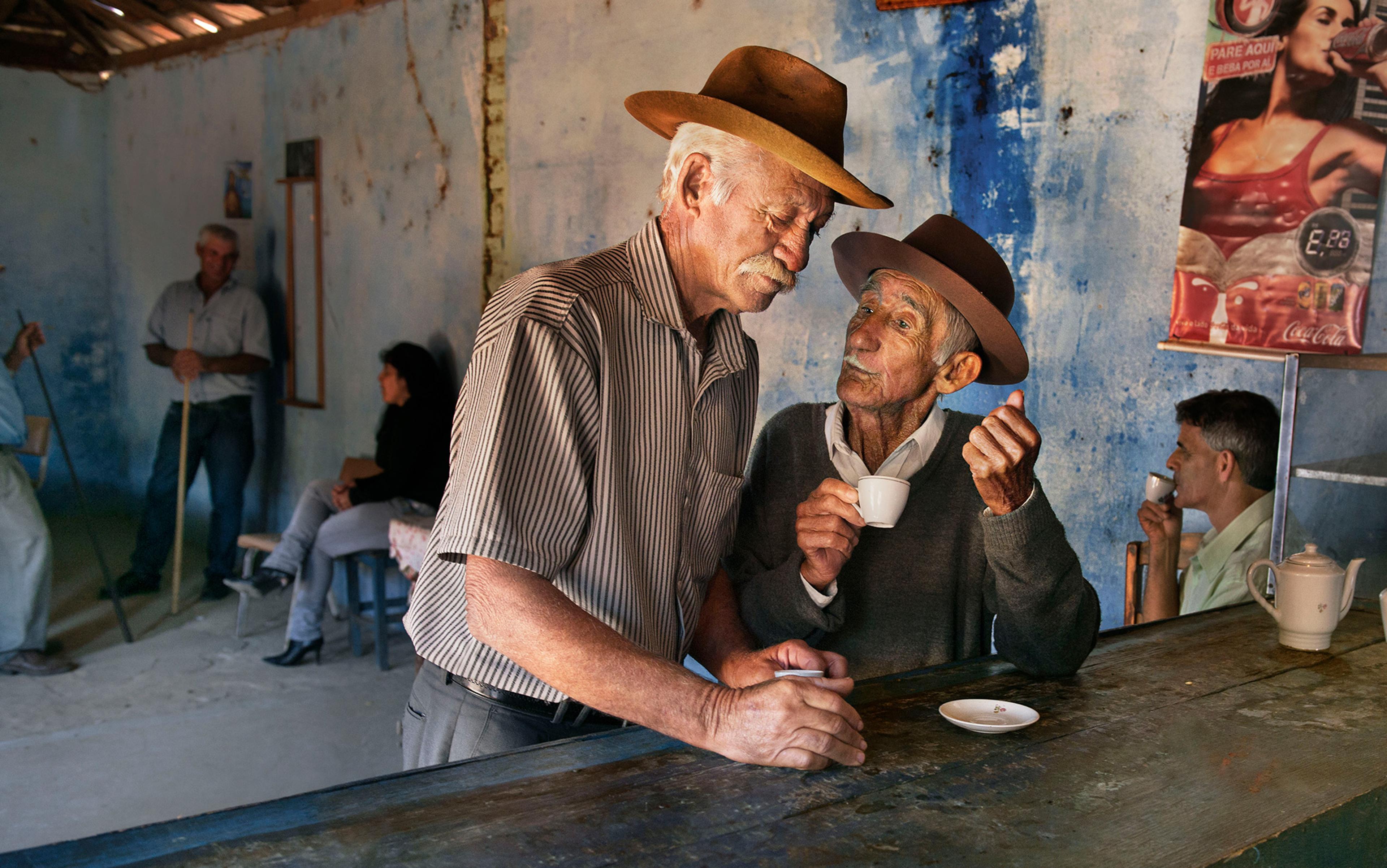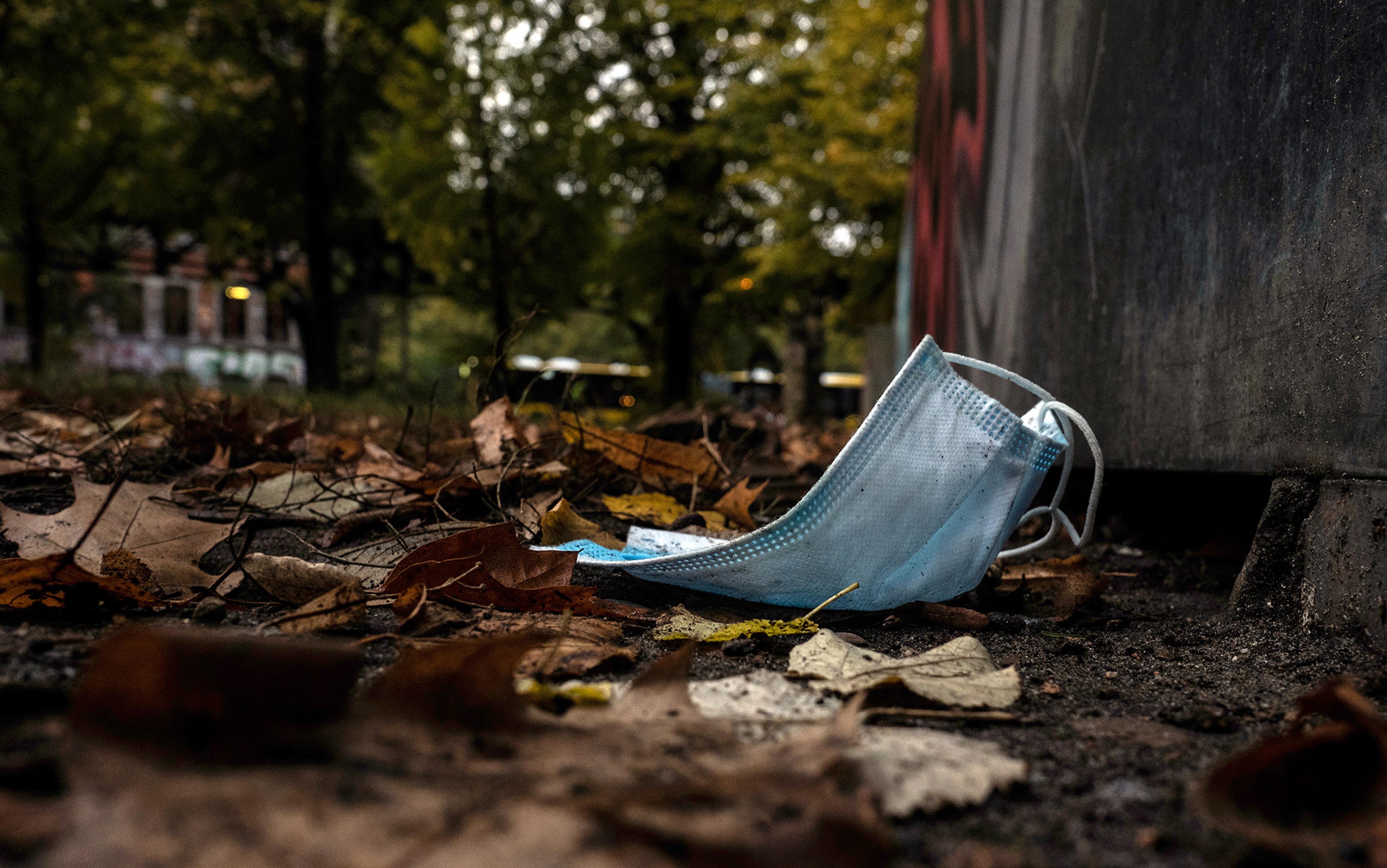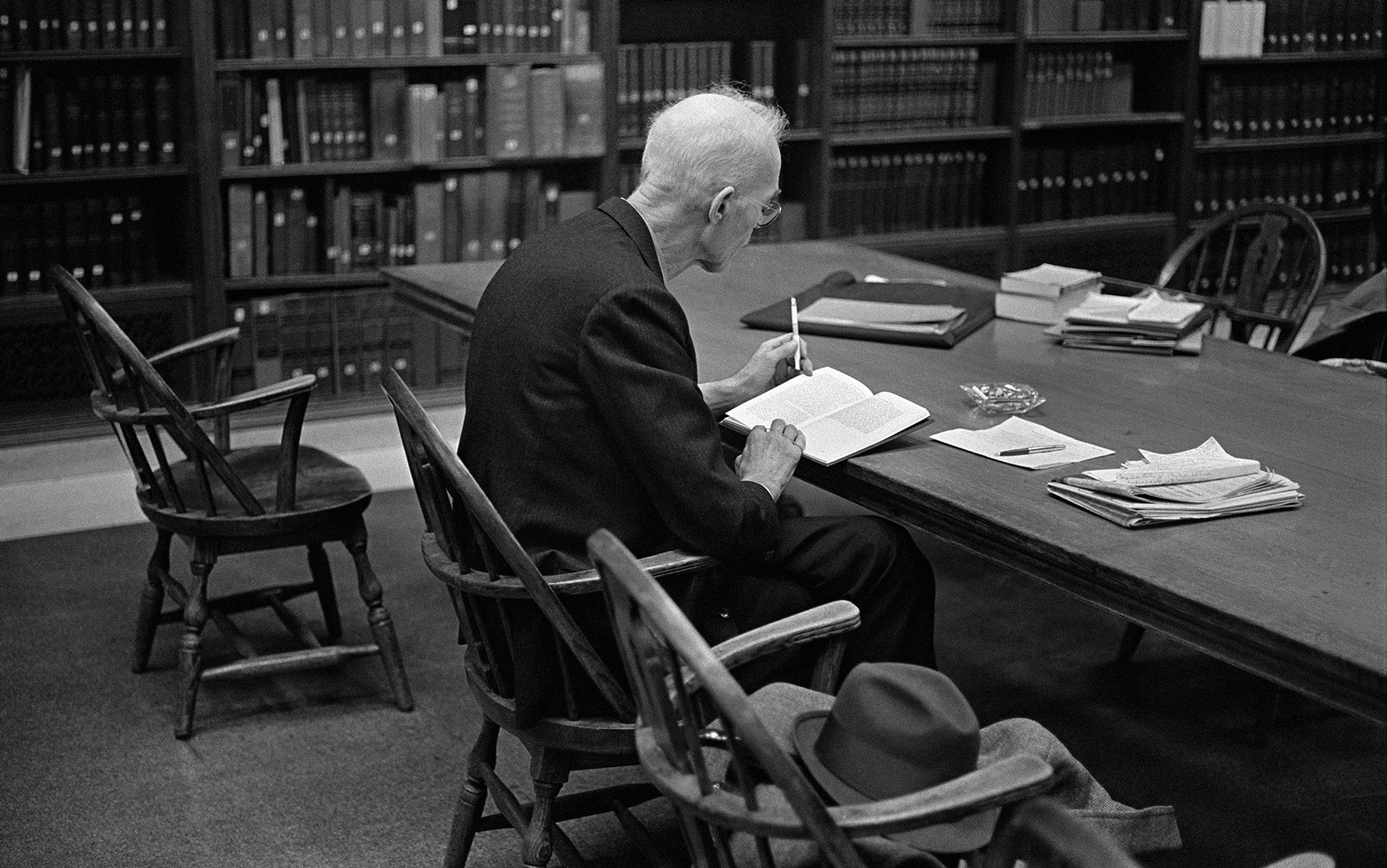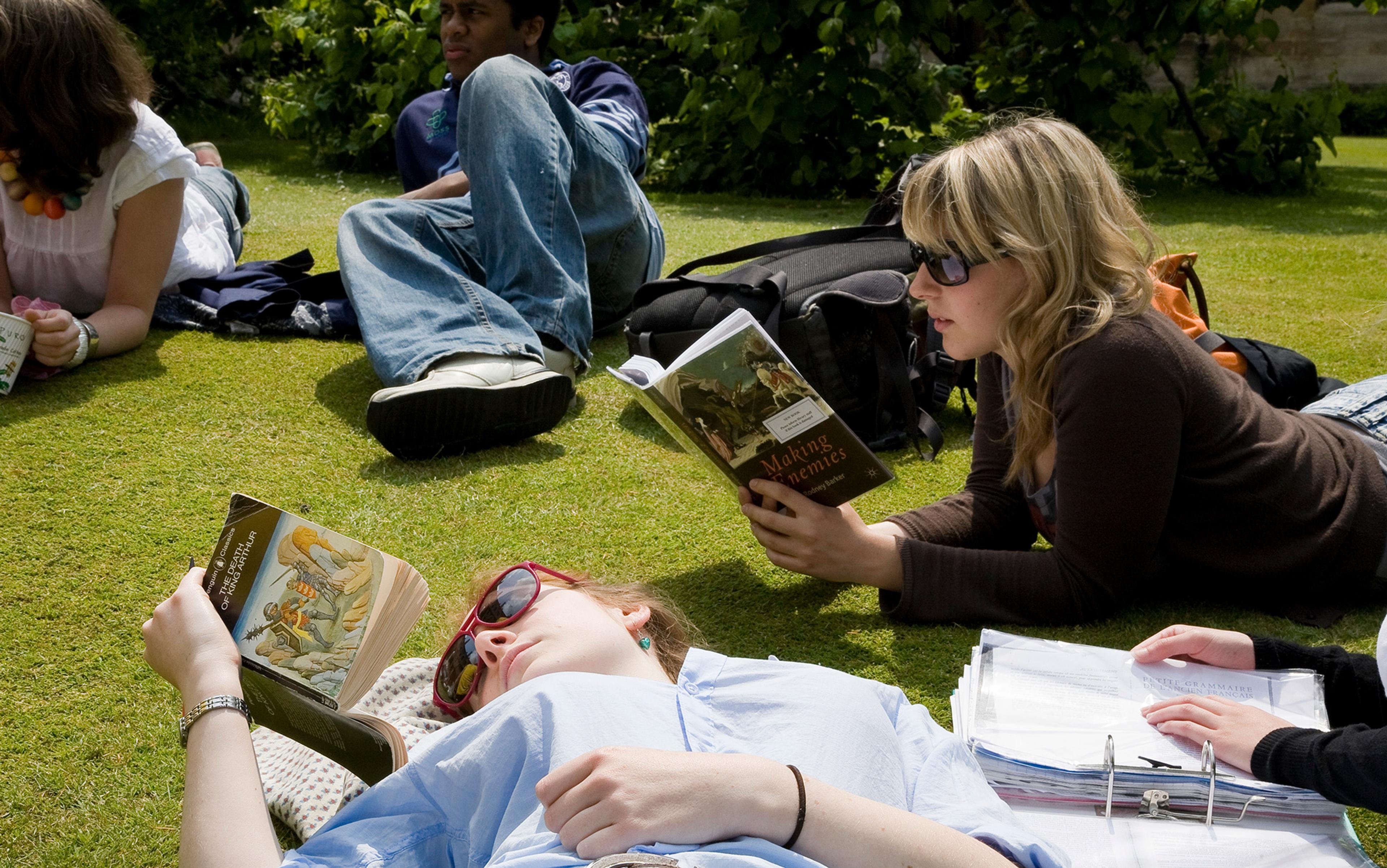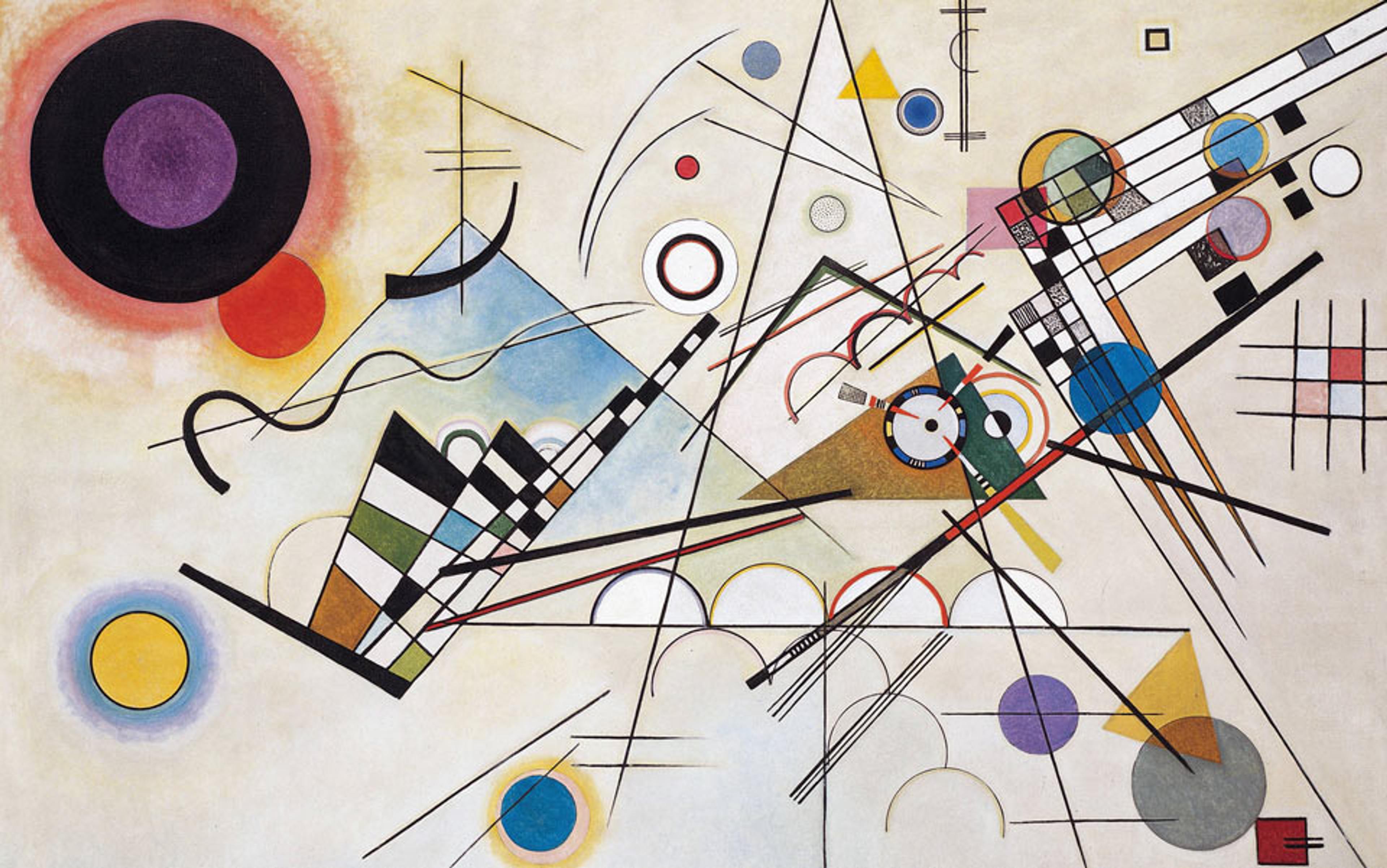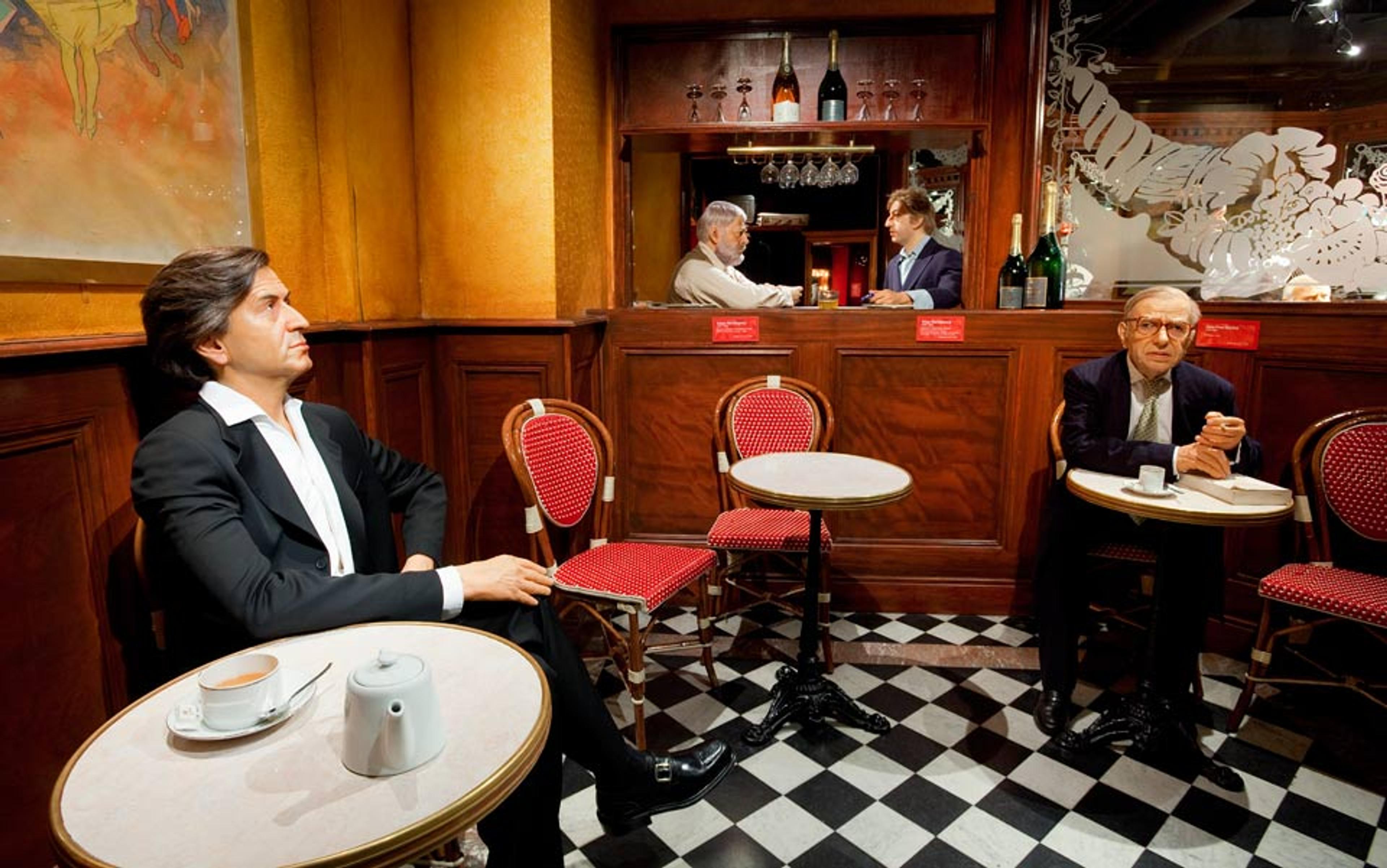Imagine the following situation. You have spent your life dedicated to the cultivation of wisdom. You have read all the books of wisdom literature from around the world, and are up to date with the latest advances from the discipline of psychology. Not only that, but you practise many techniques to increase your wisdom, adapted from cultures around the world. For example, following Buddhist advice, you do mindfulness meditation every evening, carefully paying attention to your breath as a means of increasing your presence and focus. And when you wake up every morning, you echo the words of Marcus Aurelius, reminding yourself that you will deal with many treacherous forces throughout the day, and that you must keep to your own sense of goodness in order to face them. Above all, following the existentialist philosophers, you believe that this life is your only life, and that being wise means coming to terms with death and the nothingness that comes after.
Then, one day, your best friend since childhood comes to you and says that their father has passed away. You love this friend and their father immensely. The father was practically yours as well. But one thing stands between you: they are as ardent a believer in the Christian afterlife as you are in the nothingness to come. You have spent your life cultivating the wisdom necessary to deal with loss and give advice and consolation, but your friend needs neither of these. They are sure that their father has passed into a better place and are simply thankful that he has gone home to be with God. At least that’s what they say, but you can tell that underneath the veneer they are profoundly grief stricken. To complicate the situation further, imagine that you are white and identify with your sex at birth, while your friend is Black and nonbinary. For them, the Church has been welcoming through their transition, and it is the one institution in this world that they trust, given how often they have been harassed at the hands of state institutions like the police.
You, too, are grieving for the loss of your friend’s father, and you want to be able to share this difficult time with them, but instead you find yourself both enraged and paralysed. You are angry that your friend refuses to accept that there is neither heaven nor hell, and you cannot believe that someone you love so much is so taken in by what you consider lies and fantasy. At the same time, you know the importance of the Church for your friend, and do not want to come off condescending or patronising. You don’t know what to do, and begin to ask yourself what good your pursuit of wisdom has been for all these years. Have you actually learned anything about how to live well? What texts or stories could possibly have taught you to prepare for this moment? Surprising as it may seem, classic wisdom texts like the ones you’ve been reading have, in fact, much to help you understand this situation. You just haven’t been taught to see them that way.
Indeed, most contemporary accounts teach you that issues of identity destroy the pursuit of wisdom. In The Closing of the American Mind (1987), for example, the American philosopher Allan Bloom argued that the point of an education should be to explore ‘what is accessible to all men as men through their common and distinctive faculty, reason.’ He found, however, that universities were more likely to teach a cultural relativism focused on how different cultures approached the truth. According to Bloom, this splintering of truth into culture also manifested on an individual level, as people pursued studies based on their class, gender or race – not their common concern for what it meant to be wise. Moreover, no one was encouraging them to do otherwise: ‘[F]athers and mothers have lost the idea that the highest aspiration they might have for their children is for them to be wise.’
Such a lament is not limited to conservative critics of the university. In a more recent book, Rescuing Socrates (2021), the American Studies scholar Roosevelt Montás makes a similar complaint to Bloom’s, but from a different angle. As a Dominican student at Columbia University in New York in the 1990s, Montás felt the identity-based closedness that Bloom diagnoses: his professors and classmates assumed he had certain ideas based on his cultural identity. But what he found most meaningful was not this particular identity but, via Socrates, ‘a sort of identity that felt true to my deepest self … the life of the mind – a way of living that held out the possibility of absorbing the disparate parts of who I was into some kind of integrated whole.’
Bloom and Montás are certainly not alone in criticising this replacement of profundity with identity politics. Nor are they alone in the implicit argument that wisdom itself is something separate from the question of group identity. As the psychologist Igor Grossmann noted in 2020 in his helpful summary for Aeon of the state of wisdom studies, one of the key goals is to find a definition of wisdom that transcends individual cultures by identifying common threads around the world. Once we look at the emerging definition more closely, however, we may notice something interesting.
The two key features of the current definition are: moral groundedness and metacognition. Grossmann writes that the first implies ‘ideas such as the sense of shared humanity, pursuit of truth, recognition of the need to balance personal interests with other people’s interests, and a general willingness to cooperate and have compassion for others.’ This is very similar to what we find in the humanist definitions.
We find continual reflections on the relationship between cultural particularism and universal wisdom
Metacognition, meanwhile, is about your ability to reflect on your own thinking: showing humility, listening to others, learning from your experiences. While Grossmann does not draw a direct line between this second feature of wisdom and engaging cultural differences, there is an obvious parallel. To be wise does not only mean learning about what we share as humans. It also means being able to work through our differences reasonably without abandoning our moral insights.
Perhaps surprisingly, this challenge to unite shared humanity and cultural identity is not unique to the modern world. If we look at some of the classic texts to which these writers refer – Greek philosophy and the Hebrew scriptures – we find continual reflections on the relationship between cultural particularism and universal wisdom. While the quest for a common humanity is certainly present in ancient texts, there is also an idea in wisdom traditions that, to truly be wise, we have to learn to live with different ideas of the truth. Wisdom in this sense is not separate from identity, but is about figuring out how humans can live well and develop universal standards of wellbeing, while also knowing that no single standard of wellness will ever be meaningful to everyone. And, given that our cultures and communities do not fully define us, this is as true within cultures as between them.
Pace Bloom and Montás, I would argue that part of the reason that wisdom has been downgraded in education is because of the very opposition between universal truth and particular experience. We are told to seek a wisdom outside of our identities but, everywhere we go, we find ourselves and others enmeshed in these very identities. Educators err when they tell students that they can either learn more about a personalised philosophical wisdom, or about the culturally thick and politically fraught world they inhabit. This distinction drives people away from the pursuit of wisdom. And it is historically inaccurate. By recovering a different history of wisdom in which all of these themes are connected, we can help reinvigorate the study and pursuit of wisdom today.
Plato’s Timaeus is one of his more abstruse texts. It offers a complex cosmology of the origins of the universe. But it starts with a more recent origin story about Solon, an Athenian poet-statesman and eponymous archon of Athens, likely in 594/3 BCE. Solon was a significant democratic reformer who helped stabilise Athens in a chaotic time. He is also known as one of the ‘seven sages’ whose wisdom created Attic glory.
It is generally accepted that Solon travelled extensively, both to spread his wisdom and learn from others. Plato suggests that much of what Solon gave to Athens was sparked by his visiting the city of Sais in Egypt. There Solon learns from a priest that Athens has a much longer history than is presently known. Athens is in fact older than Egypt, but it was wiped out in a flood, whereas Egypt was not. This is the first lesson that Solon learns in Egypt: human life exists in the delicate balance of nature: ‘There have been, and will be again, many destructions of mankind arising out of many causes; the greatest have been brought about by the agencies of fire and water, and other lesser ones by innumerable other causes.’
The priest then suggests that societies should cultivate professions that can help guide them through these natural disasters: priests, craftsmen, shepherds, hunters, farmers and warriors. This learning how to design society through the study of nature is what he calls wisdom:
Then as to wisdom, do you observe how our law from the very first made a study of the whole order of things … deriving [from them] what was needful for human life, and adding every sort of knowledge which was akin to them.
In other words, the wisdom of Egypt is knowing how to survive the destruction of nature through the organisation of society. While people might have different roles in society, it is still fundamental that society holds together across these differences. Solon, who helped reduce inequality in Athens, knew that political and material equality can help bind people together, even as they pursue different paths in life. And people working together is what enables a community to survive through, or even avoid, disaster.
At a broad level, the lessons of the scriptures are similar to those of the Egyptian priest
Both the recommendation and the context of Plato’s story matter. We have forgotten the lesson that society is embedded in the forces of the natural world, even as we have developed the technologies that can help us better handle destruction. And perhaps we have done so because we have looked for wisdom too narrowly. Wisdom isn’t something available to us just from thinking or reading texts in one’s own ‘tradition’. As Plato shows us, wisdom requires travel, because truths that are not known in one place may be known in another. This isn’t necessarily relativistic. It is simply a claim that no particular group of humans has had the time and foresight to sort out everything, and thus we all can learn from others about issues that some cultures have missed or forgotten.
An example today is what is sometimes called ‘traditional ecological knowledge’, which refers to how Indigenous communities around the world have learned to live within ecological conditions in ways that industrial practices have failed to consider. One startling example comes from the Pacific Northwest of the United States, where the Cascadia subduction zone threatens massive earthquakes every few centuries. Indigenous oral histories from peoples such as the Quileute, the Yurok and the Hoh spoke of these quakes for thousands of years, and they even told these stories to European colonists. But their warnings were ignored until 1984, when seismologists discovered the subduction zone. Had the oral histories been recognised sooner, it might not be the case today that some 7 million people live with limited protections within the zone that could someday have the worst natural disaster in the history of North America.
In the pursuit of wisdom, one has to be able to listen for such stories. Returning to our anecdote of the two friends, the point is not that either the secular pluralist or the Christian is wiser in how they approach death. It is that they both have bits of wisdom that the other might use. The pluralist might learn from the Christian’s wisdom, for example, that life is more than our individual experience of it. Whether we call that more ‘God’ or the cycle of life, we can still appreciate a vision of the world that alleviates some of the pressure from the menacing spectre of our personal death. And the Christian might learn from the pluralist that there are methods beyond their belief for coming to terms with grief – such as the kinds of Stoic and Buddhist practices that their friend does every day. In learning to appreciate each other, not in spite of their differences, but because of them, they would help make possible the kinds of communities that bind us together when disaster strikes.
If our two imaginary friends were to manage to do this, they would be close to embodying a lesson about wisdom that we learn from the Hebrew scriptures, specifically the story of Babel. At a broad level, the lessons of the scriptures are similar to those of the Egyptian priest: that a human community is a fragile oasis always threatened to be wiped out by God, or nature, and that we have to find ways of living together in order to survive this. The parable in Genesis teaches us the logic of these differences, but also why we need not fear them leading to a nonsensical relativism.
As is well known, the people of Babel set out to build a single tower reaching up to the heavens as a base for themselves so that they are not ‘scattered over all the earth’. Most commentators deny that this shows the hubris of trying to reach God, and that a ‘tower to the sky’ was simply a common expression at the time for high buildings. Be that as it may, God takes exception to the effort, and decides to ‘baffle their language’ so that they cannot understand each other, and they wind up scattered after all.
If we don’t read the story as hubris offending God but rather as a simple process of human life, we may extract more meaning from it for contemporary purposes. Simply think of any human collective activity, like building a nation or even just a new technology. Those who build nations wind up split among factions. New technologies like planes can bring people together, but they also send them farther apart. Social media is perhaps the most glaring example of this. We do things thinking that we will find unity, but what we in fact achieve is separation.
Difference does not lead us into a meaningless relativism, but into a quest to share knowledge
Placed within the context of the book of Genesis as a whole, this is in some ways a good thing. It is often through separation that human comprehension of the world advances. When Adam and Eve separate themselves from their immersion in nature, they learn of good, and evil, and death. When Cain is sent into exile, he founds the first city, and his progeny invent the arts of metallurgy and music. When Abraham leaves his hometown, he finds the call of God and the possibility of a covenant with God that renders all human lives equal.
There is always a cost to these inventions: they create differences between the inventors and the others. This is what Babel teaches us. Those who live in cities or use particular technologies or speak particular languages or play particular kinds of music come to feel alienated from others. Because each new use of human potential depends on the creation of difference, it is also, ironically, what keeps humans from coming together to realise the invention’s fullest potential through cooperation.
This is no less true of technology than of philosophy. Buddhist meditation, Christian devotional practice, Yurok philosophy of the land or Stoic daily lessons could develop only because groups of peoples decided to focus their attention on these aspects of human life. In so doing, they likely sought to develop principles that might be useful to others. But because the development of these philosophies requires such intensity, it changed people in the process. By the time an offer could be made, others had gone their own way. Pluralists can combine some of the practices, but not all of them. The lesson of the Hebrew scriptures is that we cannot avoid this condition, but we can work through it.
An intricate text of only a few lines, the story of Babel is oddly placed. It comes right after the Flood (note the role of natural disasters again), and right after we are told that Noah’s descendants branched out and spoke many tongues. Yet, as the chapter begins, all of a sudden, there is only one people all speaking one language. One way to understand this is to suggest that Babel represents a kind of pause in the historical account, and that the story is telling us something other than what supposedly happened: it is giving us a path to understand how a universalist message of equality before the law (God’s pact with Noah after the flood) relates to the diversity of the world’s cultures.
It is sometimes assumed that because of Babel there is no hope of universal connection. But the opposite is true. It is because of Babel that we can truly understand what it means to have a universal connection: it is necessary but imperfect. Christians and secularists might disagree on the afterlife, but they both pay inheritance taxes. In turn, they argue about what to do with these taxes, and which gifts to organisations should be tax exempt. These laws themselves are thus the products of intensive study and debate. If we understand the wisdom of Babel, then we can understand that difference does not lead us into a meaningless relativism, but rather into a perpetual quest to develop and share knowledge. If we forget the wisdom of Babel, then we think that the knowledge we have found matters more than what others have found in their own quests.
Of course, none of this is to say that Bloom and Montás and others like them are entirely wrong. To be sure, there is value in trying to find what we share and how the life of the mind teaches us about possible human commonalities. But, as Grossmann and his psychology colleagues argue, this quest for our shared humanity is just one part of wisdom. The key is to combine it with the kind of humble metacognition that we can learn from Plato and Babel.
Perhaps within these combined lessons are the steps to resolve the dilemma with which I began this essay. First, we need to understand wisdom differently: not only as one’s personal philosophical quest, but also as an immersion in understanding how different humans and cultures develop their philosophies of life. Second, we recognise that this is a good thing, and that wisdom diversity is just like biodiversity: different cultures and individuals preserve insights that may later be useful for the wellbeing of others. Third, we appreciate that difference is not the end of the story, and that protection from destruction and danger requires a social organisation that embodies equality and cooperative behaviour.
We are wise only if we learn to speak across our differences
If our two friends understood wisdom in this way, they could appreciate why they grieve differently, why they heal differently, and why they respond to the situation differently. At the same time, they could see that these differences are not what tears them apart, but what makes them share a fundamental human quest to make sense of the world and develop beliefs and institutions that can guide us to survive and thrive together. They could see why so many tensions arise from this situation – humanity’s very survival depends on getting it right – but that we have many inherited lessons for how to go about this.
That does not mean the specifics of these ancient texts are always right. These traditions teach us that being wise means using our understanding of the natural and social worlds to develop the human institutions that can lift us up through the turbulence of life. The point of studying them today is not simply to repeat their solutions, but to understand this general guidance. This is another happy consequence of Babel: we will always develop new ideas and insights. Thus, we can and should update our institutions based on new understanding. Although I have stressed the egalitarian lessons of these texts, they famously also have hierarchical messages. I have downplayed these because today the importance of equality has proved ever truer, as researchers have shown repeatedly that inequality causes both social and ecological damage, and that more equal societies are healthier societies.
In part that is because equality supports difference: in societies that have more political and material equality, individuals can pursue their different proclivities and ways of being without fear of exclusion, deprivation or loss of rights. If, as Grossmann and colleagues argue, being wise is defined by a combination of shared common goals and humble self-reflection, then this combination of equality and difference engendered by our education and our institutions may be a foundational part of any wise society.
In following Bloom’s and Montás’s suggestion that the purpose of an education is not just to get a job, but to gain some wisdom, we need to revise their ideas slightly. We cannot separate out ideas of how to be a wise person from questions of cultural identity or any other supposedly ‘anti-wisdom’ political or cultural issue. This journey through the history of wisdom of course does not tell us exactly how to respond in every situation. But it does give us the tools to be prepared to respond, and to remind us that, if we are going to be wise, we can neither neglect the different life positions of those around us, nor fail to remember our shared human conditions. Then, perhaps, rather than thinking that we are the wise ones and our friends are foolish, we can realise that we are wise only if we learn to speak across our differences, no matter how challenging we find those conversations.
